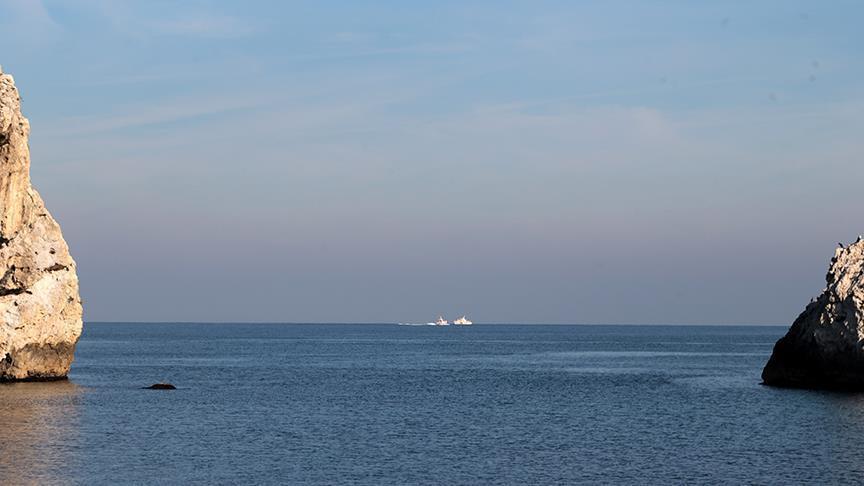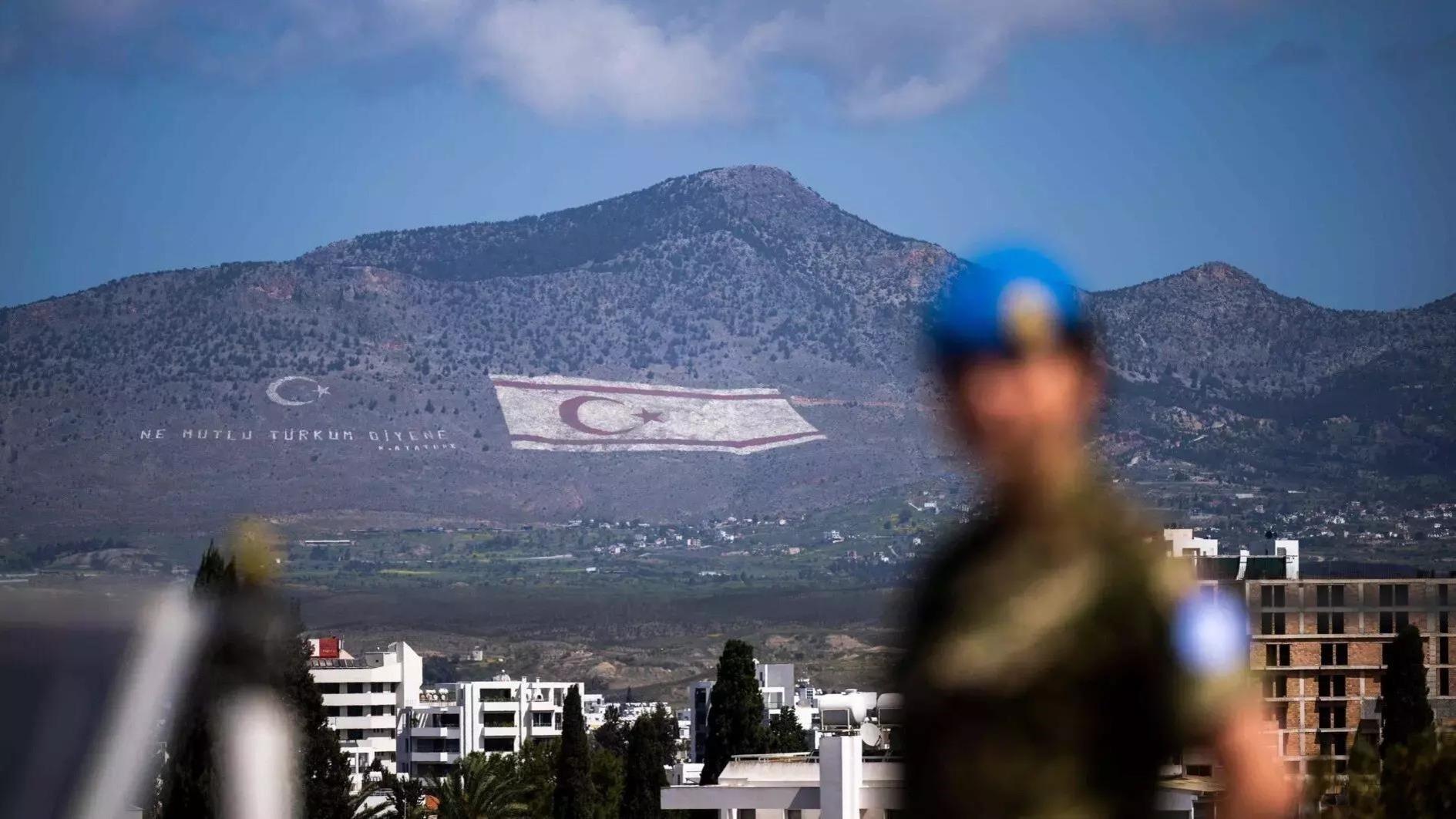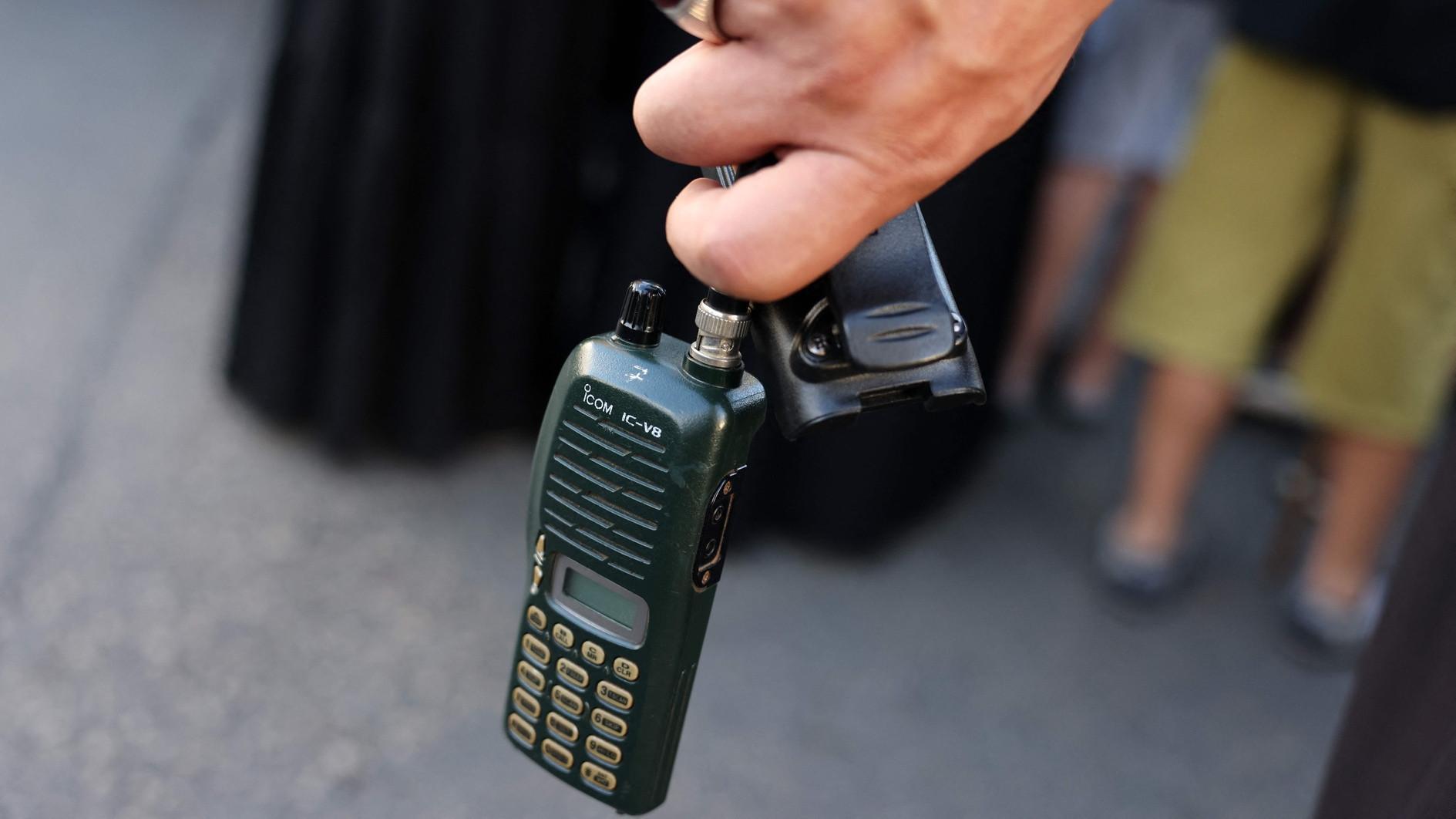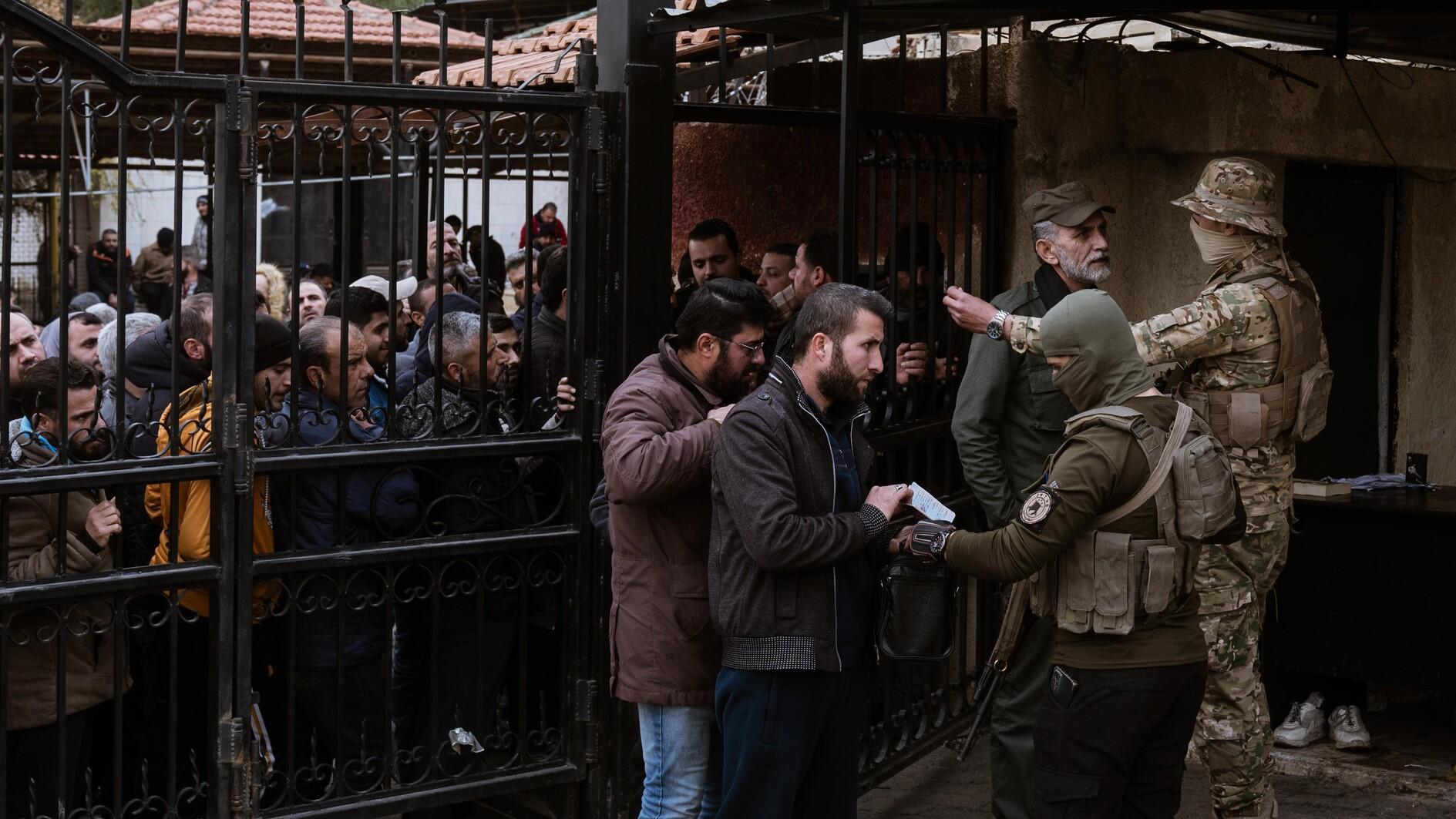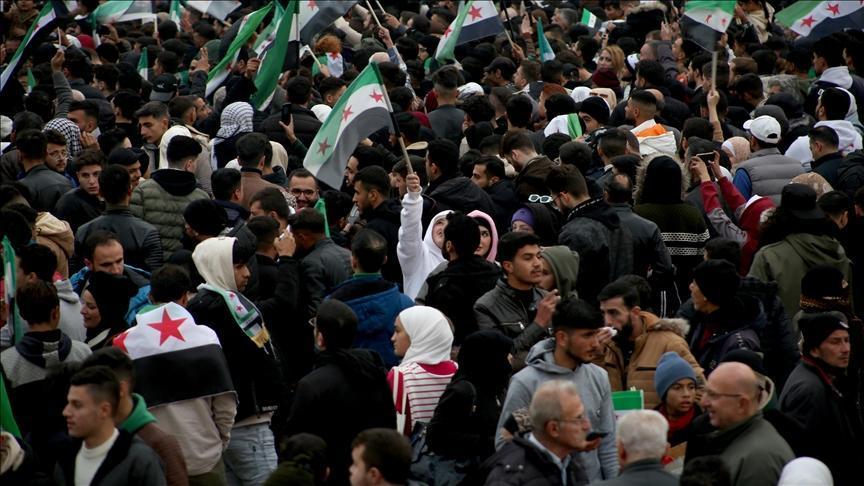Eurasian region in need of more cooperation, says Turkish minister
ISTANBUL
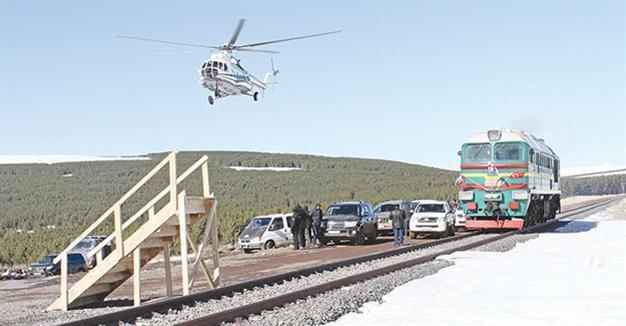 Transportation, Communications and Maritime Affairs Minister Binali Yıldırım has called for more cooperation in the Eurasian region, particularly in the realm of transport.
Transportation, Communications and Maritime Affairs Minister Binali Yıldırım has called for more cooperation in the Eurasian region, particularly in the realm of transport.“We will all lose if we see transport as a commerce. The transport of commodities is a tool for welfare,” he said, addressing the Eurasia summit organized by the Marmara Foundation in Istanbul.
“We witnessed a good example of that approach when our relations with our northern neighbor went sour,” said Yıldırım in reference to Russia, which curbed its commence with Turkey after a Russian war plane was downed by the Turkish Air Force along the Syrian border on Nov. 24, 2015, resulting in the death of one of the pilots.
“It is very important to use the Caucasian-Caspian corridor in a more efficient way. We have come together with our neighbors Azerbaijan and Georgia and we have come up with important tariff reductions. We either have to find a way or open a way,” said Yıldırım.
Noting that the Eurasia summit had now become a brand in its own right, Yıldırım said Eurasia was not just a concept. “Eurasia has been at the heart of migration roads. It has been at the crossroads of cultural exchanges; it has had a strategic position not for clashes but for the meeting of civilizations,” said Yıldırım.
Ever since the financial crisis in 2008, wealth has been on the move from the West to the East, according to Yıldırım. “Look at air travel. In the 1970s, the center was America. In the 1980s and 1990s, the center was Western Europe. In the 2000s, the center moved to the Balkans, to Istanbul,” he said.
Talking about the construction of the world’s biggest airport in Istanbul on a build-operate-transfer model, the transportation minister said the airport would start operating in 2018 with a capacity of 150 million passengers. The companies involved will invest more than 10 billion dollars and pay Turkey 1.1 billion dollars a year for 25 years, after which the ownership will revert to the state, according to the minister.
“Why am I talking about this? It’s not to brag. There are resources in the world. You can attract these resources with solid projects. The public sector will own the biggest airport of the world without assuming any burden,” he said.
Developing the infrastructure is critical for the development of countries, said the minister. “With roads come civilization; with roads you have welfare and brotherhood, not contention. These roads foster interaction between cultures.”
Discussing the revival of the historic Silk Road, Yıldırım said Turkey had undertaken projects to replace the missing rings in that project by constructing the Marmaray metro and railroad connection that links Europe with Asia under the Bosphorus.
At the same time, the Baku-Tbilisi-Kars railroad was also initiated between Turkey and Azerbaijan, said Yıldırım, adding that the section through Georgia was financially undertaken by the Azerbaijani government, which provided another example of concrete cooperation in the region.
With the introduction of the project by the end of this year, no obstacle will stand in the way of connecting China’s east with Europe, he said.


